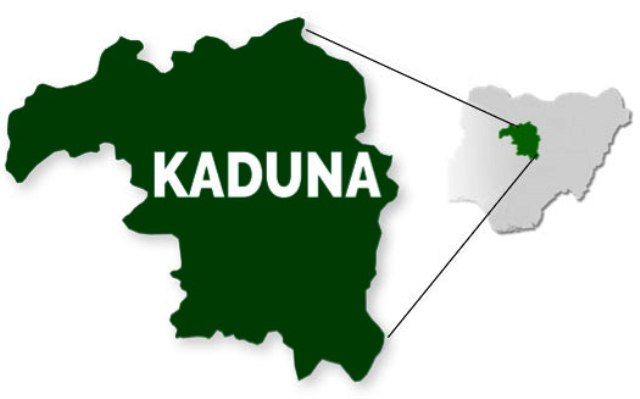Building Kaduna metropolis for prosperity
Cities, globally are where the majority of the world population is already living in. In Nigeria, the country has gradually inched above the 50 per cent mark and the importance of cities, where the majority of Nigerians will live in within the decade, is a trend that will continue to accelerate. The importance of cities […]

Cities, globally are where the majority of the world population is already living in. In Nigeria, the country has gradually inched above the 50 per cent mark and the importance of cities, where the majority of Nigerians will live in within the decade, is a trend that will continue to accelerate. The importance of cities is seen in their powers to act at scale in harnessing human and material resources for development.
According to Anver Versi, “The agglomeration in the cities also makes it easier and much more cost-effective to provide public goods such as schools, hospitals, parks, sports facilities and public services. Above all, cities are live crucibles of ideas which most denizens can plug into – leading to a cornucopia of products, including a whole array of publications and entertainment – which further stimulate ideas in an endless virtuous cycle.”
- Street sweepers protest non-payment of 3-month salaries in Gombe
- Disquiet in Lagos PDP over choice of deputy governorship candidate
The importance of cities is also such that due to their size and brain power, they have the power to shape the future direction of not only the urban areas, but the country itself.
Kaduna metropolis with a population of about one and half million people is a part of the urbanisation process in Nigeria and the developing world. It is contributing to the urban transformation of Nigeria. Major cities such as Kaduna, if properly harnessed, have the potential to transform the economic fortunes of their residents and pull along the rest of the country towards higher levels of material well-being. To achieve this potential calls for capable governance and reforms as well as for a regime of law and order in all aspects of the urban environment.
The importance of cities is such that their abilities to draw people from the rural communities translate to being a major positive factor in national growth and development. Urban centres act as generators of economic growth whose consequence is to accelerate development and prosperity outwards to cover entire regions. Rural communities back in the East benefit due to the repatriation of funds, and the rural communities around Kaduna metropolis benefit as the increased population in Kaduna consumes more resources that the rural communities can produce and the city itself benefits in the added economic and social productive forces of the migrants within the city who also repatriate funds to their home communities.
Largely it is the rural areas both those within the regions of the cities and those farther away that provide them with food, in addition to those that residents also provide for themselves by farming on plots within and near the city. A further connection between the city and the rural areas is located in the fact of seasonal migrations into Kaduna and out of it. Because many city residents maintain connections with the rural areas, there is fluidity in artisans, transport operators, and labourers moving back to the rural areas during the rainy seasons to cultivate crops. Thus necessitating seasonal fluctuations in population movement. In Kaduna for example, outward migrations occur among motorcycle taxi riders and waste disposal labourers who move back to the villages during the rainy season.
In the quest to build a prosperous Kaduna, there is every need for residents, intellectuals and scholars, policy makers and the political elite to reflect on the future that they want to design for the metropolis. Through them, Kaduna can be reinvented on a number of fronts, one of which will be as an inclusive city that is integrated as a land of opportunities for all; a city transformed into an incubator of ideas and becoming a truer centre of learning, where such acquired education gets to impact the city. Such a transition can only be made possible by the city’s elite evolving a grand vision for Kaduna. Turning Kaduna into a city that attracts the best talent in all fields; a city that leads in innovation and becoming both a start-up and an industrial hub. And as well, a city of writers and artists and great intellectuals.
Professor Terhemba Wuam, Department of History, Kaduna State University, Kaduna
